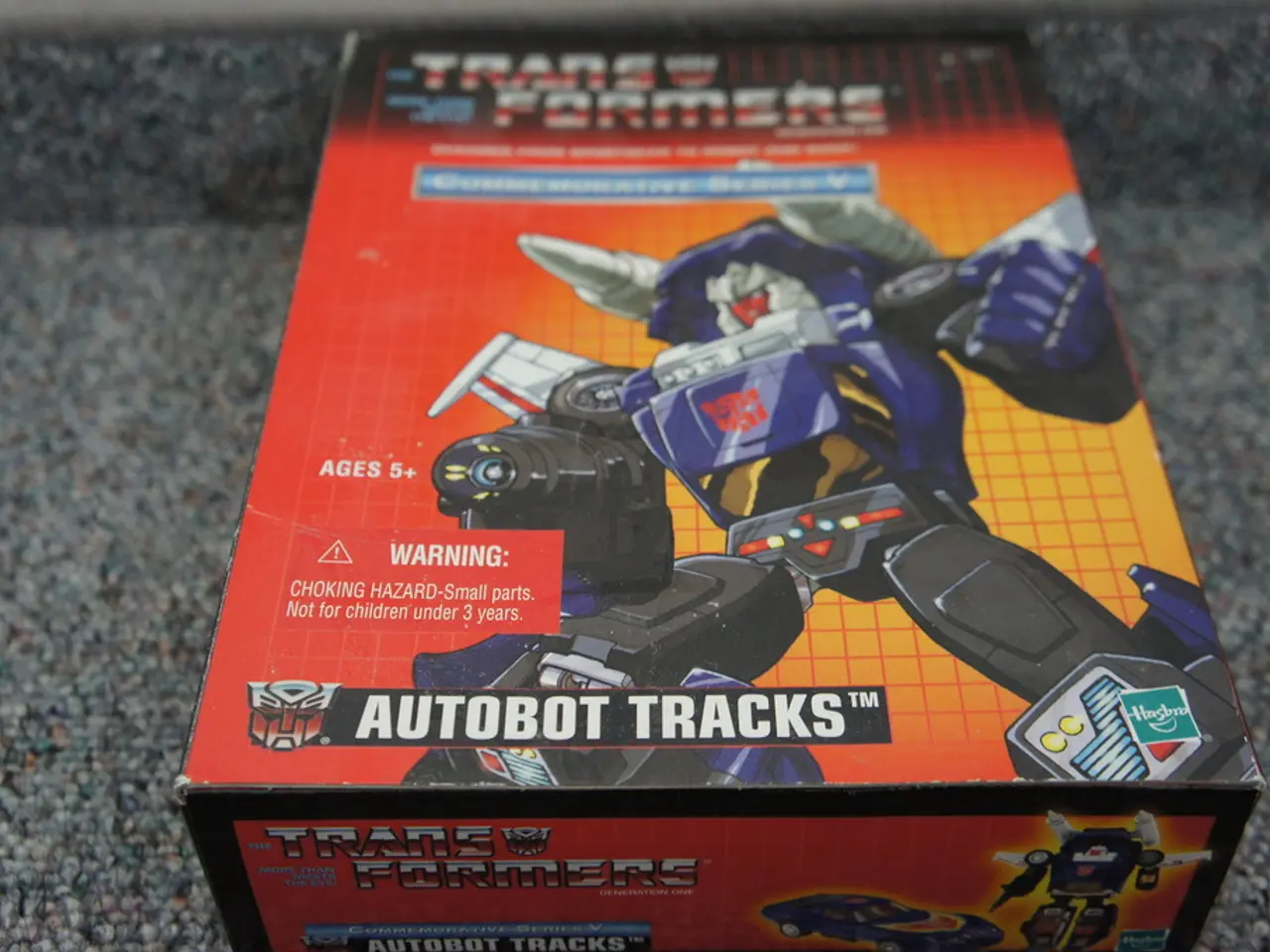Business Automation Revolution: Affordable Robotics Services Reshaping Companies' Operations
Robotics as a Service (RaaS) is revolutionising the way businesses approach automation, offering a cost-effective and scalable solution for companies across various sectors. This service model allows companies to rent robotic solutions instead of purchasing them, providing increased accessibility to advanced robotics technology.
Cost-Efficiency and Scalability
One of the key advantages of RaaS is its cost-efficiency. By shifting to a subscription model, businesses can avoid substantial upfront investments associated with purchasing robotic systems. Moreover, RaaS solutions provide flexibility, allowing businesses to scale robotic operations in response to fluctuating demand.
AI-Driven Robotics
Robotics increasingly leverage Artificial Intelligence (AI) for adaptive, analytical, and generative capabilities. This enables robots to perform complex, context-aware tasks such as quality inspection, dynamic environment navigation, and learning from experience. RaaS lowers the entry barrier for small and medium enterprises (SMEs) by providing flexible, subscription-based robotics access, making automation more financially feasible.
Labor Shortage Mitigation and Workforce Complementation
RaaS and robotics help address critical labor shortages, especially in manufacturing, logistics, and healthcare, by automating repetitive, hazardous, and precision tasks. Collaborative robots (cobots) are deployed alongside humans, helping increase productivity and safety.
Sector-Specific Expansion
RaaS is expanding into new markets such as healthcare, logistics, manufacturing, and hospitality. In healthcare, growth is driven by surgical robots, patient assistance, disinfection, and medication delivery robots. In logistics and warehousing, automated material handling, inventory management, and delivery robots enhance efficiency. In retail and hospitality, customer service robots, autonomous assistants, and humanoid robots are used for interactive kiosks, personalised help, and service tasks such as cooking or bartending.
Sustainability and Energy Efficiency
Robots incorporate energy-saving features such as lightweight designs and bionic grippers. They support green tech manufacturing (solar panels, EV batteries) and recycling efforts with reduced waste and lower energy consumption, aligning RaaS deployments with sustainability goals.
Challenges and Considerations
Despite its growth, RaaS faces challenges such as high initial investment, regulatory and ethical concerns, data security, and societal impacts (e.g., job displacement fears). Addressing these issues is crucial for widespread adoption of RaaS.
In summary, RaaS is greatly benefiting from advances in AI and robotics, making intelligent automation more accessible, scalable, and tailored to industry-specific needs. Its trajectory indicates transformative impacts on productivity, cost efficiency, and sustainable practices across healthcare, manufacturing, logistics, retail, and hospitality sectors in the near to medium term.
References
[1] "Robotics as a Service (RaaS) Market to Reach $132 Billion by 2032, According to Tractica". Tractica. (2021). [Online]. Available: https://www.tractica.com/news/raas-market-to-reach-132-billion-by-2032-according-to-tractica/
[2] "Robotics as a Service (RaaS) Market to Grow at a CAGR of 15-17% from 2025 to 2032". Grand View Research. (2021). [Online]. Available: https://www.grandviewresearch.com/industry-analysis/robotics-as-a-service-market
[3] "Robotics as a Service (RaaS) Market Growing Rapidly in Healthcare, Manufacturing, and Logistics". Robotics Business Review. (2021). [Online]. Available: https://www.roboticstomarkets.com/news/robotics-as-a-service-raas-market-growing-rapidly-in-healthcare-manufacturing-and-logistics
[4] "Sustainable Robotics: The Future of Green Manufacturing and Recycling". The Robot Report. (2021). [Online]. Available: https://www.therobotreport.com/sustainable-robotics-the-future-of-green-manufacturing-and-recycling/
[5] "The Impact of Robotics on the Retail and Hospitality Industries". Forbes. (2021). [Online]. Available: https://www.forbes.com/sites/forbesbusinesscouncil/2021/02/18/the-impact-of-robotics-on-the-retail-and-hospitality-industries/?sh=3799e68d4e4a
Read also:
- President von der Leyen's address at the Fourth Renewable Hydrogen Summit, delivered remotely
- Unveiling Innovation in Propulsion: A Deep Dive into the Advantages and Obstacles of Magnetic Engines
- Intensified farm machinery emissions posing challenges to China's net-zero targets
- EU Fuel Ban Alerts Mercedes Boss of Potential Crisis








